Understanding Filling Machines: Types and Technologies
1. Overview of Different Filling Machine Types
Filling machines are essential components of the packaging process in various industries, including food and beverage, pharmaceuticals, cosmetics, and chemicals. These machines are designed to fill containers with liquid, powdered, or granulated products accurately and efficiently. This section explores the different types of filling machines commonly used in manufacturing environments.
Volumetric Filling Machines
Volumetric filling machines operate by dispensing a specific volume of product into a container. These machines can handle a wide range of product types, including liquids and thick pastes. Volumetric fillers can be further classified into piston fillers, which use a piston mechanism to measure and dispense the product, and gravity fillers, which rely on gravitational force to fill containers to a predetermined volume.
Weigh Filling Machines
Weigh filling machines are designed to fill containers by weight rather than volume. This type is ideal for products where accurate weight measurement is critical, such as in the food and pharmaceutical industries. Weighing machines often utilize load cells to ensure precise dispensing, which is particularly beneficial for packaging products like powders, grains, and granules.
Gravity Filling Machines
Gravity filling machines are the simplest type of filling machinery. They rely solely on gravity to fill containers and are exceptionally efficient for free-flowing liquids. Often used in the beverage and chemical markets, these machines can fill multiple containers simultaneously and are cost-effective for high-speed production lines.
Pressure Filling Machines
Pressure filling machines utilize a pressurized system to fill containers, which makes them suitable for carbonated beverages and other products that require a certain level of pressure during filling. They are designed to maintain the integrity of the product while ensuring consistent fill volumes, significantly enhancing efficiency in high-speed production operations.
2. Key Technologies Driving Modern Filling Machines
The evolution of filling machines is closely tied to advancements in technology. Modern filling systems integrate sophisticated technologies that enhance precision, speed, and overall efficiency. Here are some key technologies shaping the future of filling machines:
Automation and Robotics
Today’s filling machines often incorporate automated systems and robotic components to streamline the production process. Automation reduces labor costs, minimizes human error, and increases throughput, making it a vital aspect in modern manufacturing setups.
Smart Sensors and IoT Integration
Smart sensors in filling machines can monitor various parameters, such as fill level, liquid viscosity, and temperature, providing real-time data to operators. Internet of Things (IoT) technologies enable remote monitoring and control of machinery, enhancing operational efficiency and predictive maintenance schedules.
Advanced Software and Data Analytics
Manufacturers are increasingly using advanced software to analyze production data, allowing for better decision-making regarding equipment optimization and maintenance schedules. Data analytics also helps in forecasting demand and streamlining supply chain processes.
3. Benefits of Using Automated Filling Solutions
Adopting automated filling solutions presents numerous advantages for manufacturers, making them increasingly popular in the industry:
Increased Efficiency and Throughput
Automated filling machines can operate at high speeds, substantially increasing overall production capacity. Such efficiency translates to reduced lead times and increased profitability.
Enhanced Accuracy and Consistency
Automated systems minimize the risk of human errors, ensuring that each container is filled to the exact specifications. This consistency is crucial for maintaining product quality and compliance with industry standards.
Cost-Effectiveness in the Long Run
Although the initial investment in automated filling machinery may be higher, the long-term savings associated with lower labor costs, reduced product wastage, and increased efficiency provide compelling justification for the investment.
Top Considerations When Choosing Filling Machine Manufacturers
1. Quality Assurance and Compliance Standards
When selecting a filling machine manufacturer, understanding their commitment to quality assurance and adherence to industry compliance standards is crucial. Manufacturers must comply with regulatory frameworks such as FDA guidelines for the food and pharmaceuticals sectors.
ISO Certifications
Look for manufacturers with ISO certifications, which indicate their processes and products meet international quality standards. This compliance reassures clients of the manufacturer’s commitment to quality.
Regular Audits and Testing
Renowned manufacturers conduct regular audits and testing on their machines to ensure they meet efficiency and safety standards. Inquire about the protocols in place for quality checks and testing before and after assembly.
2. Evaluating Manufacturer Reputation and Experience
Assessing a manufacturer’s reputation and experience in the industry can provide insights into their reliability and product quality. Companies with a long-standing presence in the market usually possess the resources and knowledge required to deliver high-quality machinery.
Client Testimonials and Case Studies
Reviewing client testimonials and case studies can help gauge the manufacturer’s success in delivering effective filling solutions. Successful case studies often highlight the challenges faced by clients and how the manufacturer provided tailored solutions.
Industry Partnerships and Affiliations
Manufacturers collaborating with recognized industry partners or affiliations often showcase their credibility and commitment to innovation. Such partnerships can enhance the manufacturer’s standing in the market.
3. Customization Options for Unique Filling Needs
Every industry has unique requirements for filling operations. Therefore, a manufacturer that provides flexible and customizable solutions will likely be more advantageous. Customization may include machine size, filling speeds, and the ability to handle various product types and sizes.
Modular Systems
Opting for manufacturers that offer modular systems allows businesses to scale their operations as needed without having to invest in entirely new machinery. Modular designs can easily be adapted to different product types or production volumes.
Consultation Services
Choose manufacturers that provide consultation services to understand their client’s unique needs better. Providers that work closely with their clients to develop customized solutions will likely offer superior products tailored to specific requirements.
Comparing Leading Filling Machine Manufacturers in the Industry
1. Profile of Prominent US-Based Manufacturers
Understanding the landscape of prominent filling machine manufacturers in the United States can guide businesses in making informed decisions. Several manufacturers stand out for their extensive offerings and innovations:
Accutek Packaging Equipment Company
Accutek is known for a wide variety of filling machinery, capping systems, and complete packaging solutions. Their products are designed for versatility, able to adapt to various industries from food to pharmaceuticals. The company’s commitment to innovation and high-quality manufacturing ensures that clients receive efficient solutions tailored to their specific requirements.
Cozzoli Machine Company
Cozzoli specializes in liquid filling machines and has built a reputation for high-quality equipment across various sectors. Their machinery is known for precision and reliability, which is critical for industries such as pharmaceuticals where product integrity is paramount.
E-PAK Machinery
E-PAK produces a range of liquid filling machines and other bottling equipment. They focus heavily on customization, ensuring their systems meet client needs effectively while promoting efficiency and cost-effectiveness.
2. Analysis of Global Leaders in Filling Machine Production
Outside of the United States, several global leaders in filling machine production deserve mention, as they influence technology and trends on an international scale.
Marchesini Group (Italy)
The Marchesini Group is recognized for its innovative solutions in filling and packaging for pharmaceuticals and cosmetics. Their filling machinery integrates advanced technology, appealing to companies seeking automation and precision.
Syntegon Technology (Germany)
Formerly known as Bosch Packaging, Syntegon Technology focuses on sustainable and innovative filling solutions. They emphasize environmentally friendly practices and smart technologies to enhance efficiency and reduce waste.
3. Pricing Strategies and Value Comparison
When evaluating filling machine manufacturers, understanding their pricing strategies and the value provided is crucial. Pricing structures can vary significantly based on the technology, customization options, and after-sales support offered.
Cost vs. Quality
While initial cost is an essential factor, it should not be the sole consideration. Assessing the quality and reliability of the machinery is vital in determining the best overall value for investment. Look for options that balance affordability with durability and effective service.
After-Sales Support
The value proposition should include after-sales support, such as maintenance training and readily available spare parts. Manufacturers that offer robust customer service often deliver greater value over time as they help clients maintain optimal machine performance.
Implementation and Maintenance of Filling Machine Systems
1. Steps for Successful Installation and Setup
The successful installation and setup of filling machine systems can make a significant difference in production efficiency. Follow these key steps:
Site Preparation
Before installation, ensure that the site is prepared for the new equipment. This includes adequate space, utilities, and compliance with safety regulations. Layout planning must accommodate the flow of materials and finished products.
Professional Installation
Having machinery installed by trained professionals is crucial. Often, manufacturers offer installation services as part of their package, ensuring that all elements are set correctly and function as intended.
2. Routine Maintenance Tips for Optimal Performance
Regular maintenance helps avoid unexpected downtime and keeps filling machines running efficiently. Here are some best practices for routine maintenance:
Scheduled Inspections
Implement a schedule for regular inspections that include checking moving parts, seals, and electrical connections. Proactive monitoring can help identify potential issues before they result in significant downtime.
Cleaning and Calibration
Ensuring machinery is regularly cleaned and calibrated according to manufacturer recommendations is vital. Clean equipment also supports product quality, particularly in industries like food and pharmaceuticals.
3. Troubleshooting Common Filling Machine Issues
Even with proper maintenance, issues can arise. Being able to troubleshoot common problems can save time and money.
Inconsistent Fill Levels
If fill levels are inconsistent, check calibration settings and verify that there are no obstructions in the filling nozzle. Regular calibration ensures tapers operate effectively, maintaining fill consistency.
Mechanical Failures
Mechanical failures often require immediate attention. Ensure all staff are trained to recognize signs of wear and tear, and maintain an inventory of essential spare parts to minimize downtime.
Future Trends in Filling Machine Manufacturing
1. Innovations Impacting the Industry’s Future
The landscape of filling machine manufacturing is rapidly evolving, driven by several key innovations:
Smart Technology Integration
The influx of smart technology in filling machines is transforming operations. Machines equipped with AI can adapt to varying product viscosities and fill levels, adjusting operations in real-time to maintain accuracy and efficiency.
2. Sustainability Practices in Filling Equipment
Sustainability is becoming increasingly important in manufacturing practices. Filling machine manufacturers are focusing on reducing energy consumption and waste:
Eco-Friendly Materials
The use of eco-friendly materials in machine construction minimizes the environmental impact of production and enhances the lifecycle of machinery.
3. Adapting to Evolving Market Demands for Filling Solutions
The market demands for filling machinery are continually changing. Manufacturers must adapt to these evolving requirements:
Customizable Solutions
Clients increasingly seek customized solutions that can handle a variety of product types efficiently. Manufacturers need to focus on delivering flexible machinery that adjusts to market demands.
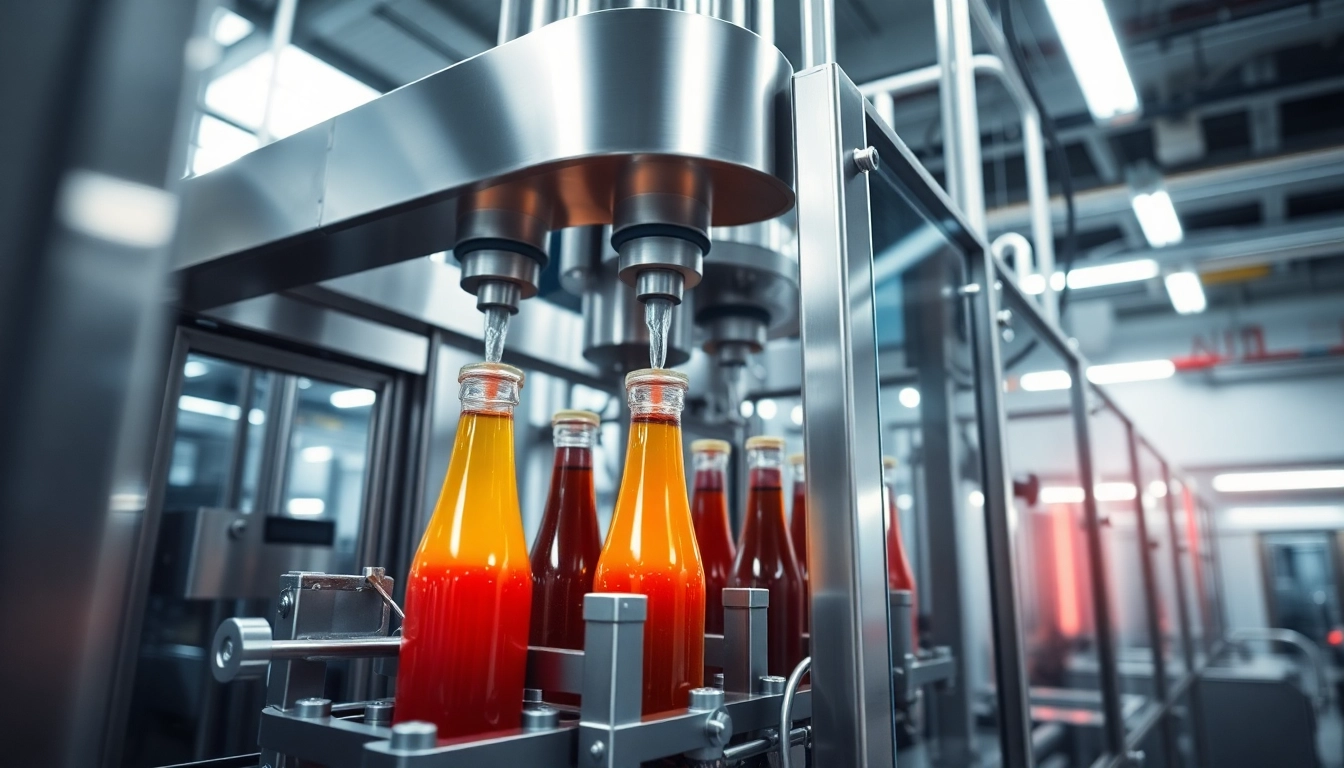
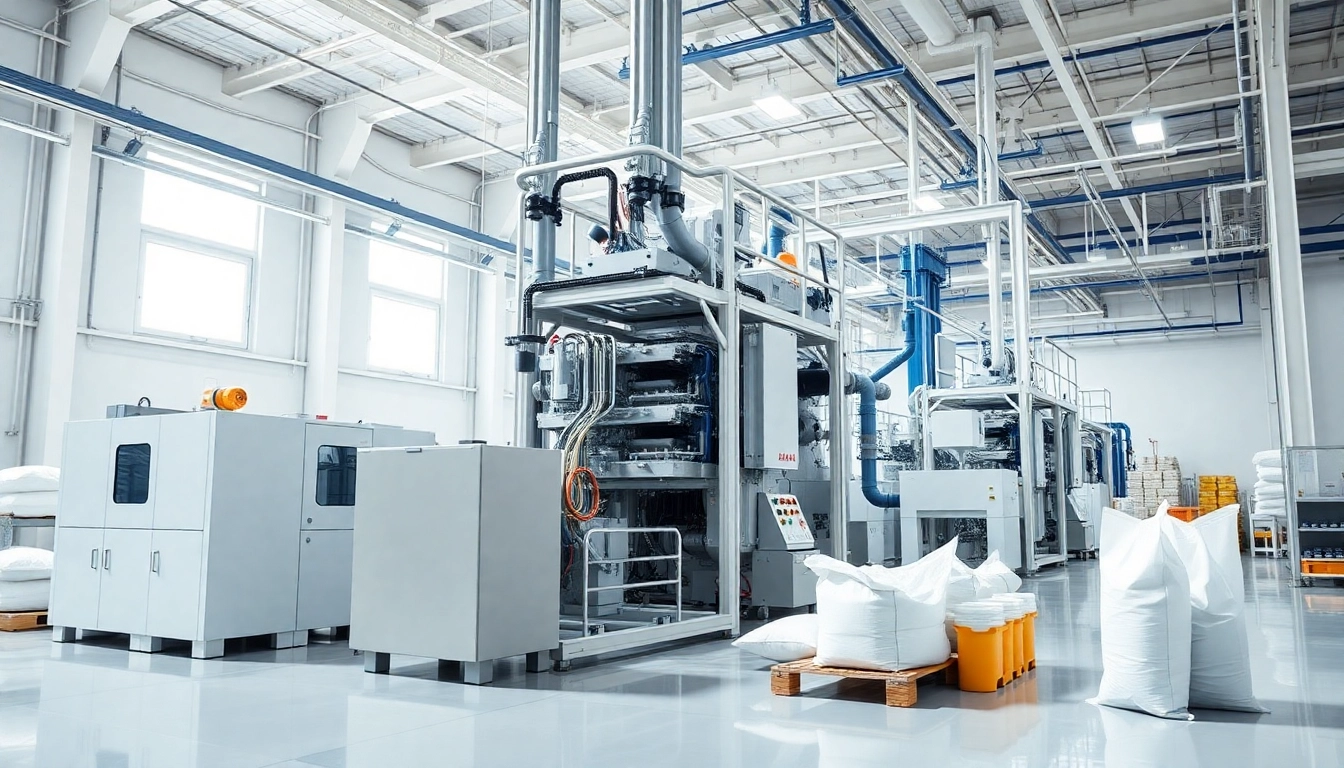
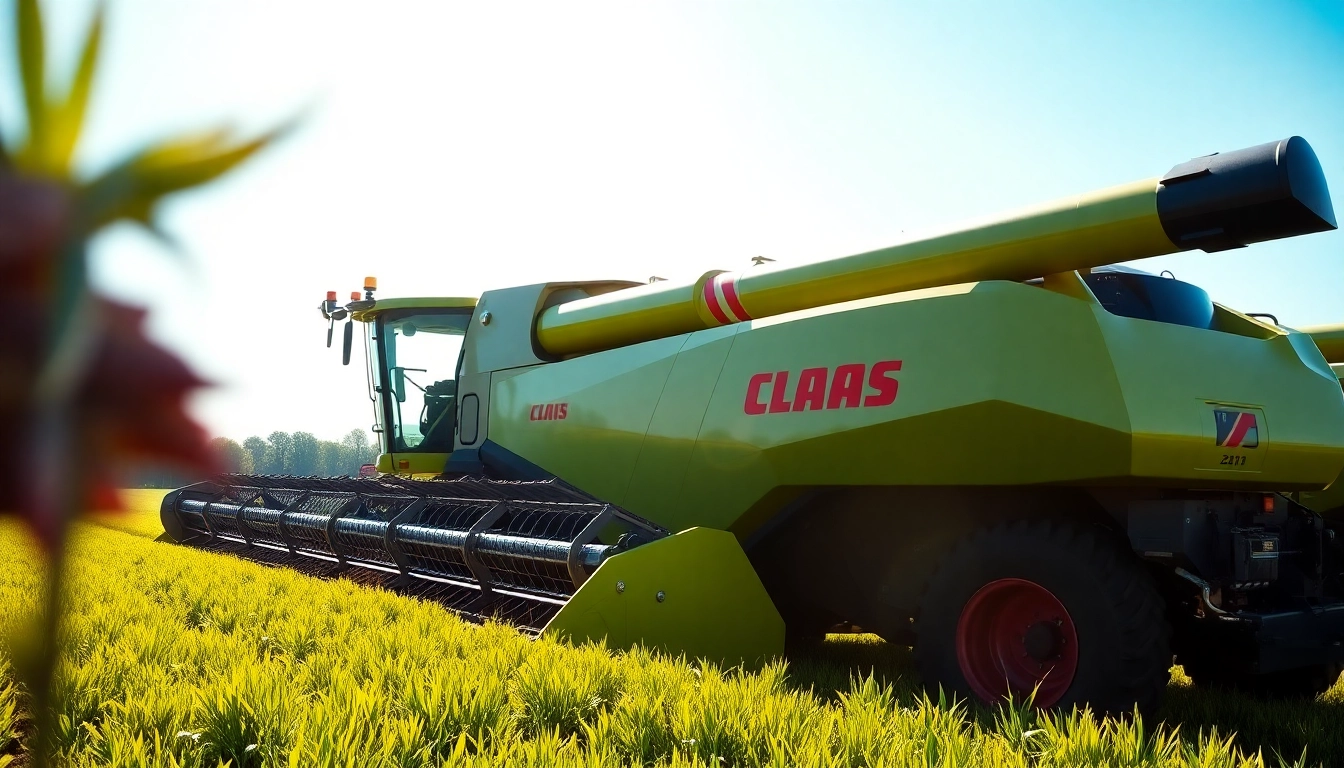


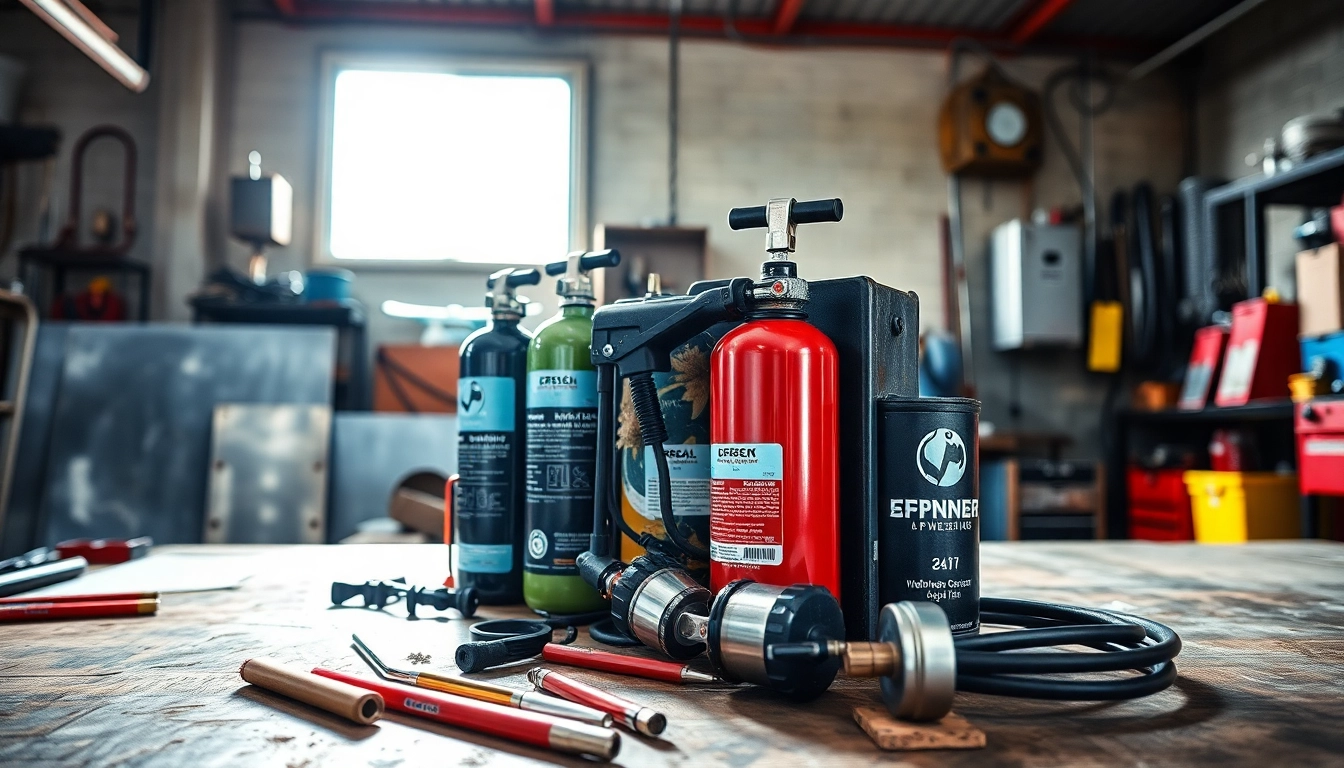
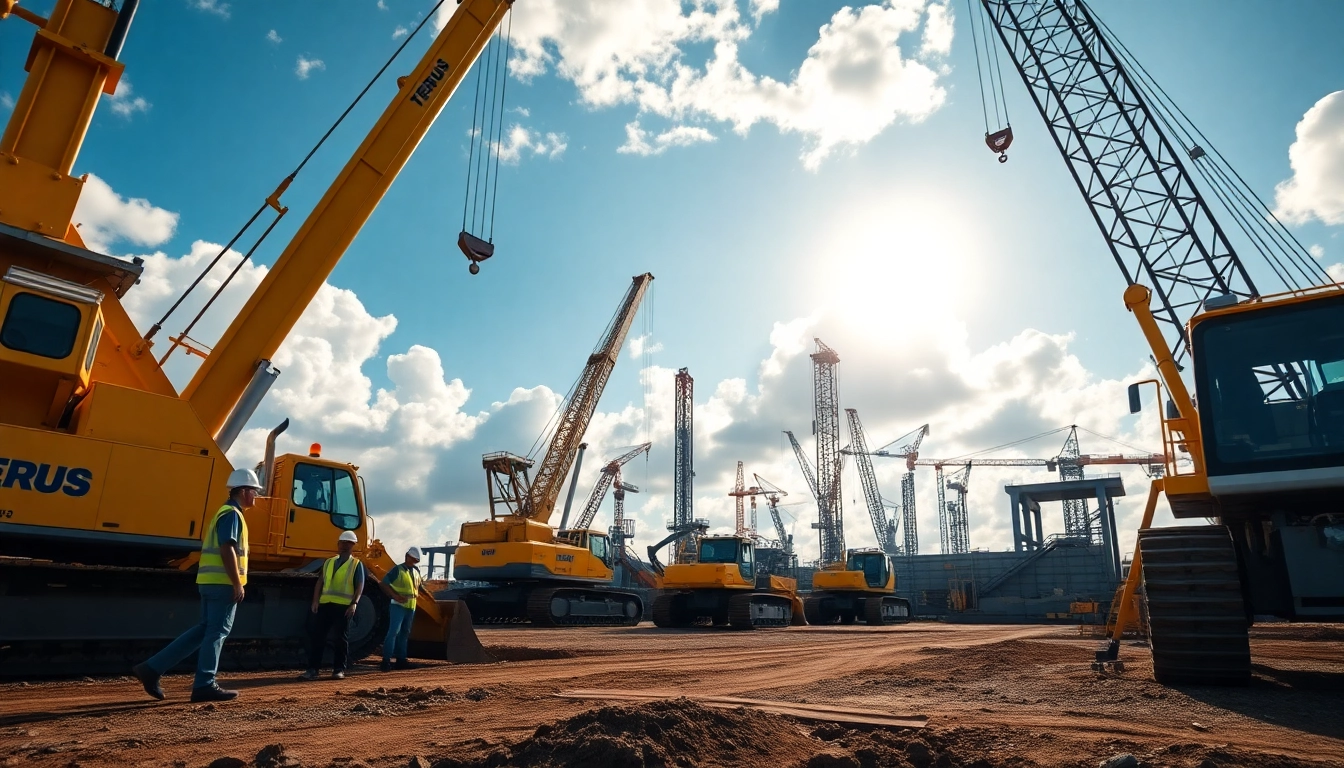
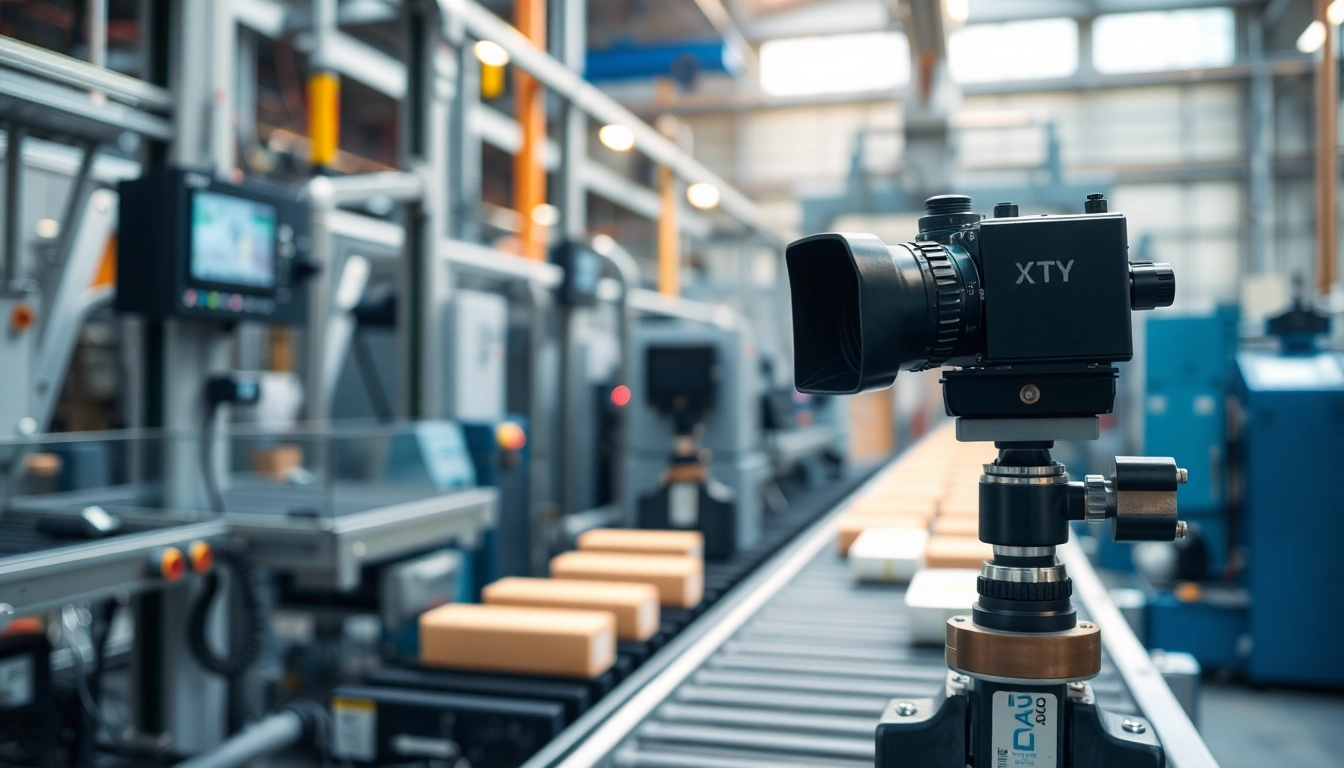
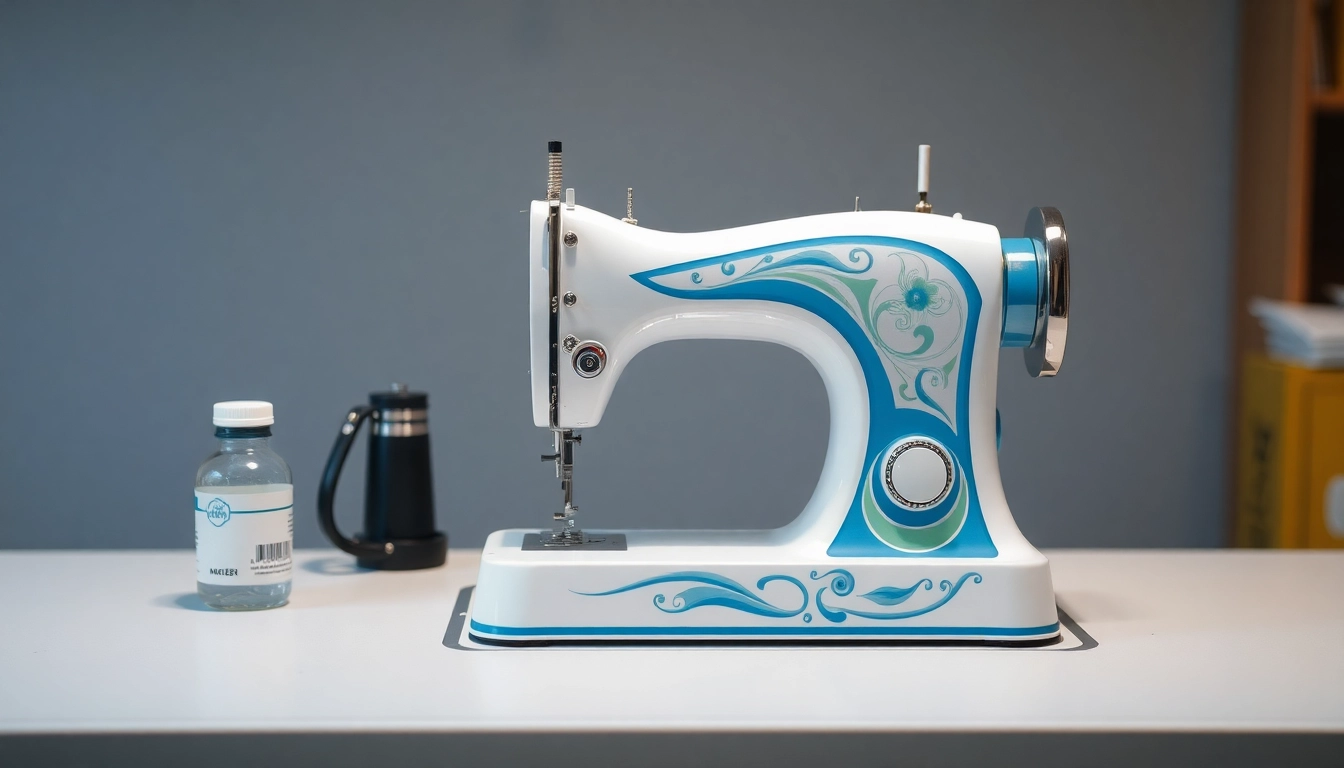
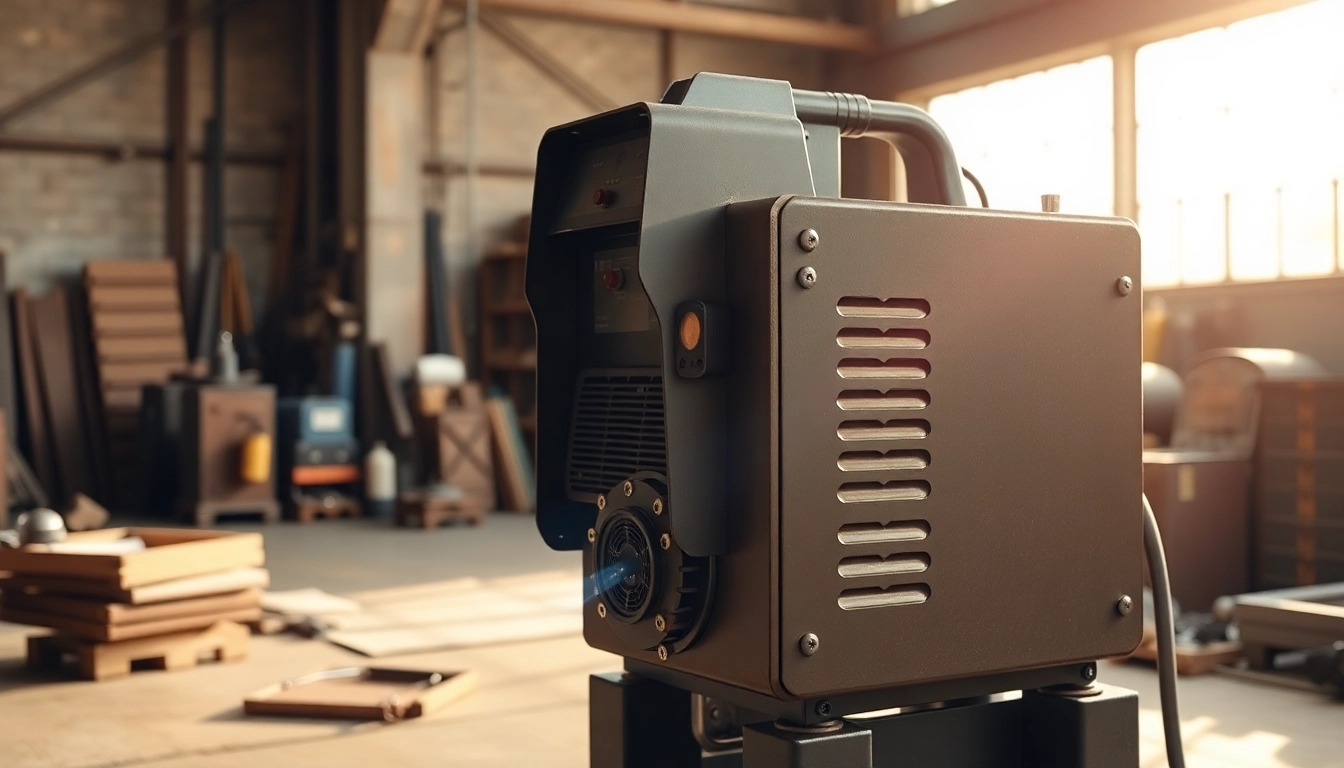
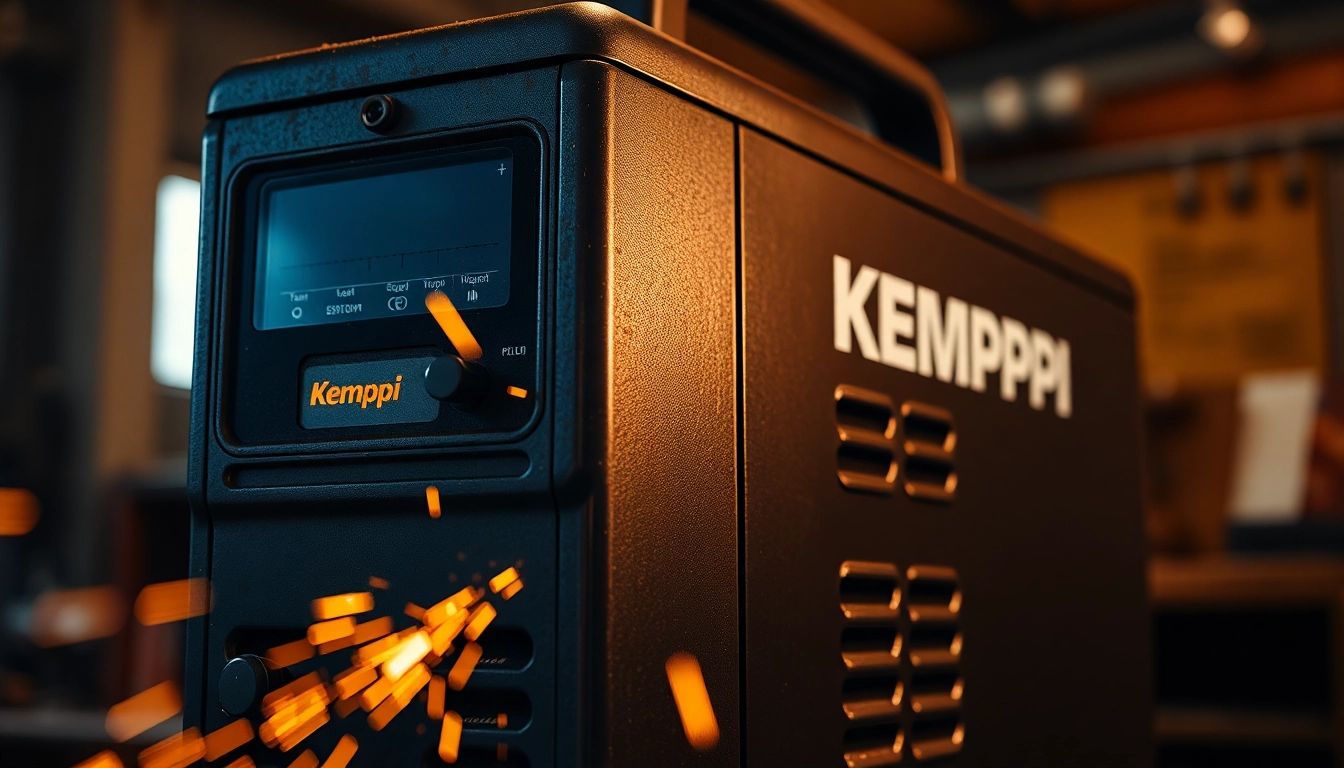
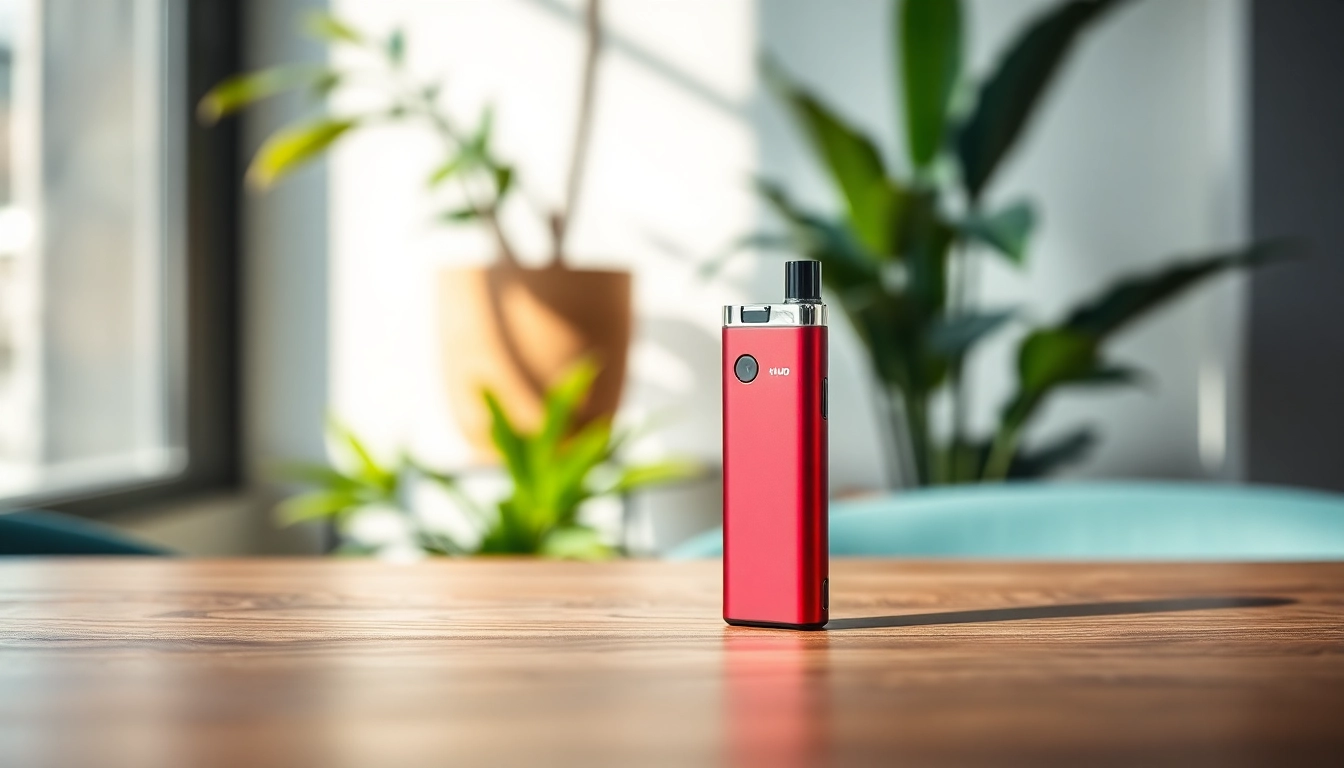



Leave a Reply